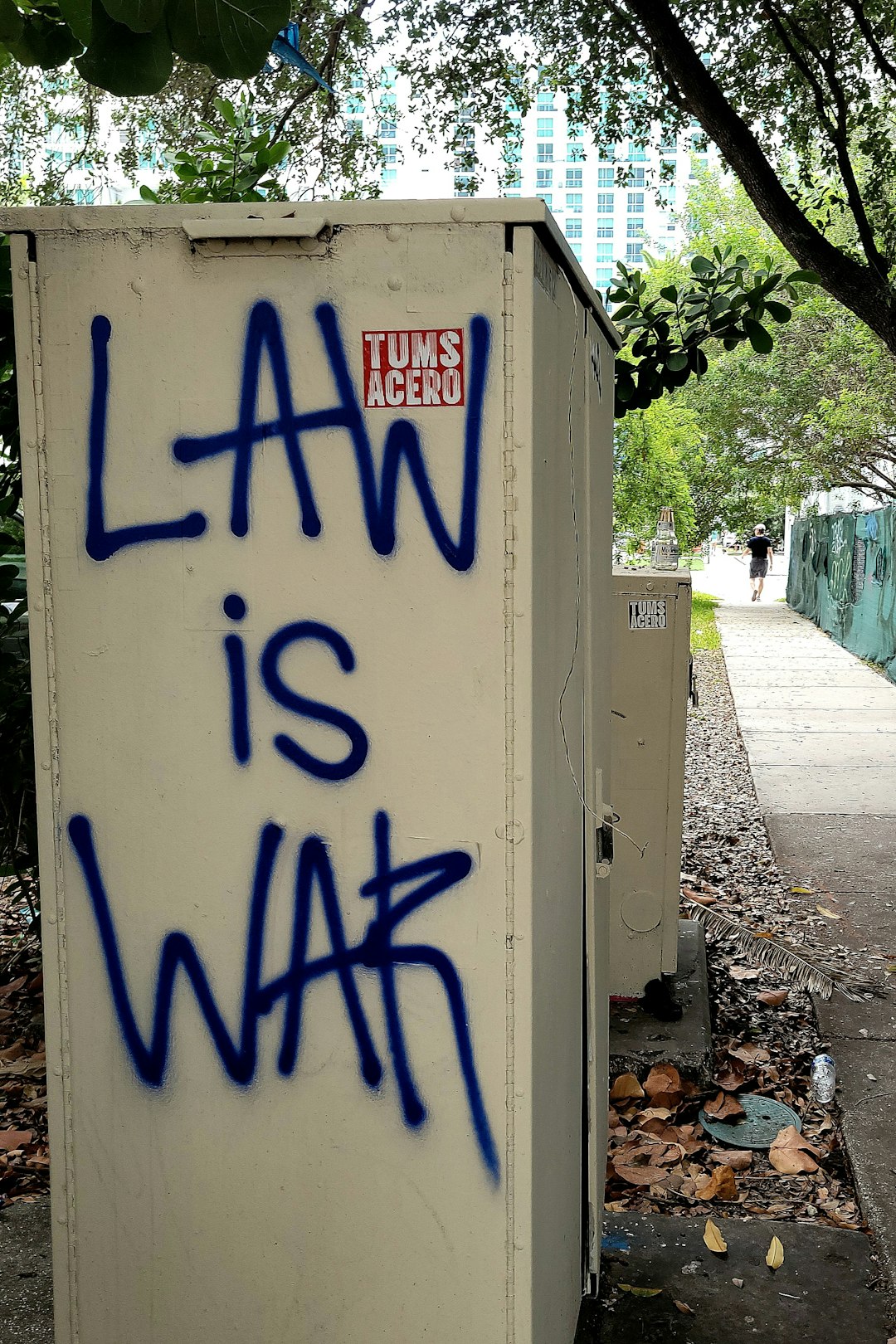Victims of assaults in South Carolina hospitals have legal rights and may pursue justice with help from specialized hospital attorneys. These professionals guide victims through complex legal processes, advocate for their rights, investigate incidents, represent them in court, and ensure fair compensation. Hospital attorneys play a crucial role in advocating for survivors of medical facility assaults, aiding in insurance claims, lawsuits, and policy changes to enhance patient safety.
In South Carolina, hospital assault victims face complex challenges navigating their rights and seeking justice. This article provides a comprehensive guide for survivors, focusing on three key areas: understanding your legal rights, the importance of a specialized hospital attorney in SC, and effective advocacy strategies within medical facilities. By exploring these aspects, we aim to empower individuals to assert their rights and secure the support they deserve after a traumatic hospital assault.
Understanding Hospital Assault Victims' Rights in SC

In South Carolina, hospital assault victims have specific rights and protections under the law. If you or a loved one has been the victim of an assault within a hospital setting, it’s crucial to be aware of your legal standing. A hospital attorney in South Carolina can help navigate these complex issues, ensuring that your rights are upheld and that you receive the justice you deserve.
Understanding these rights is essential for victims to take action. In SC, hospitals are required to maintain safe environments and prevent harm to patients. If an assault occurs, victims may have grounds for legal action against the assailant and potentially the hospital itself, depending on the circumstances. A qualified attorney can guide victims through this process, helping them file a report, understand their options, and pursue any available remedies.
The Role of a Hospital Attorney in South Carolina

In South Carolina, a hospital attorney plays a pivotal role in advocating for victims of assaults that occur within healthcare facilities. These legal professionals are well-versed in navigating complex medical and legal issues, ensuring that victims’ rights are protected and justice is served. They provide crucial support to patients who have suffered injuries due to negligence or intentional harm while under the care of hospital staff.
Hospital attorneys in South Carolina assist victims by investigating the circumstances surrounding the assault, gathering evidence, and consulting with medical experts to build a strong case. They represent victims in legal proceedings, negotiate settlements, and if necessary, litigate against the responsible parties, including healthcare providers, hospitals, or other institutions. Their expertise enables them to guide victims through the legal system, ensuring they receive fair compensation for their suffering and any resulting medical expenses.
Advocacy Strategies for Attack Survivors in Medical Facilities

Survivors of assaults in medical facilities, such as hospitals in South Carolina, often face unique challenges in seeking justice and support. Advocacy for these individuals requires a comprehensive approach to ensure their rights are protected and their voices heard. One crucial strategy involves connecting assault victims with specialized legal representation, like hospital attorneys in SC, who understand the intricate dynamics of medical malpractice and personal injury cases. These attorneys can guide survivors through complex legal processes, helping them navigate insurance claims, file lawsuits, and secure compensation for their physical and emotional trauma.
Additionally, advocacy groups play a vital role in supporting assault victims within healthcare settings. These organizations provide resources, legal aid, and peer support to help individuals understand their options, make informed decisions, and access the care they deserve. By raising awareness about the prevalence of hospital assaults and advocating for policy changes, these groups contribute to creating safer environments for patients and hold institutions accountable for their actions.






